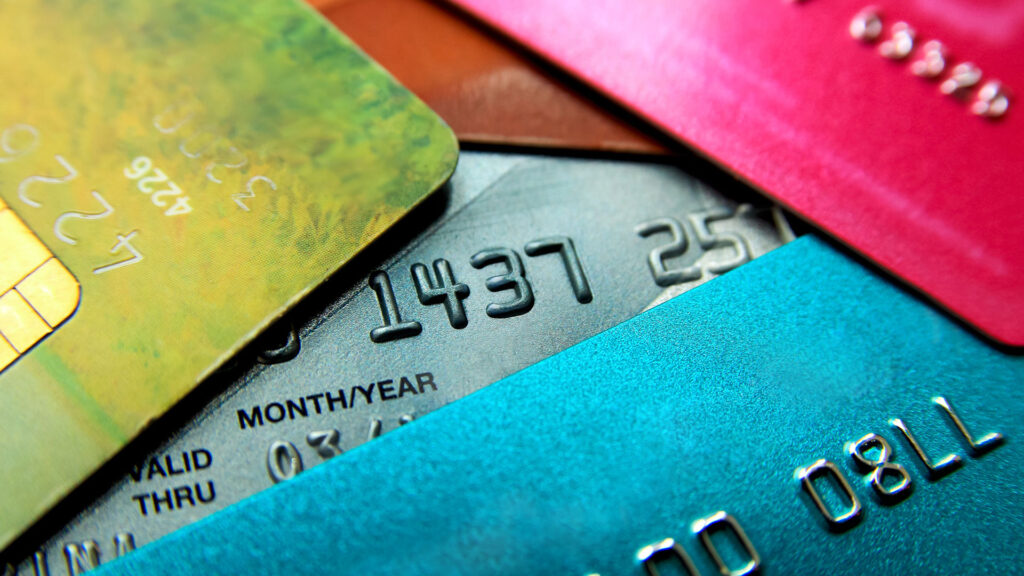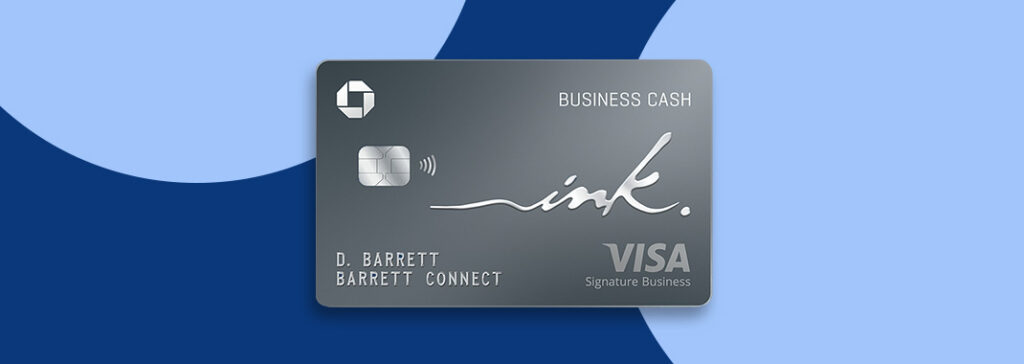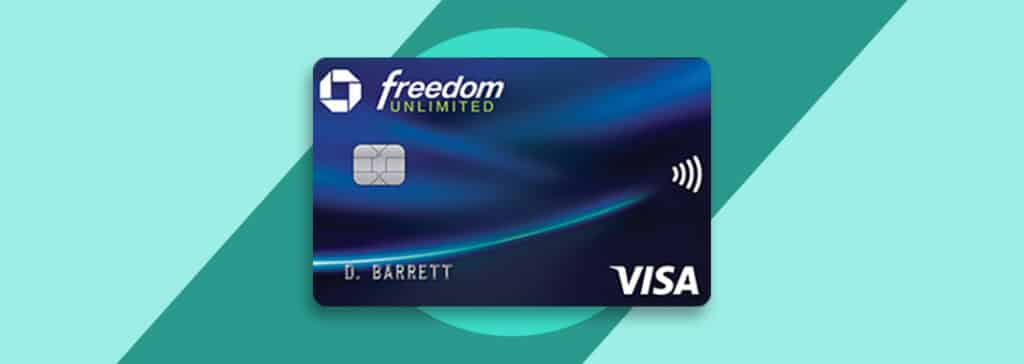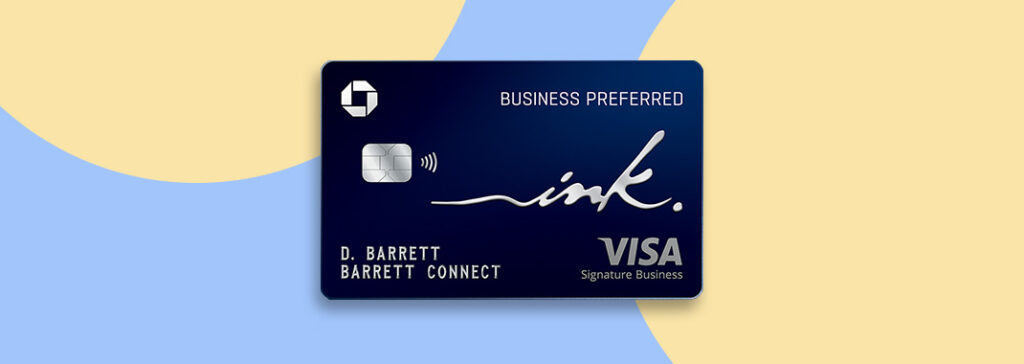Most products on this page are from partners who may compensate us. This may influence which products we write about and where and how they appear on the page. However, opinions expressed here are the author's alone, not those of any bank, credit card issuer, airline or hotel chain. This page may include information about American Express products currently unavailable on Slickdeals. American Express is not a partner of Slickdeals.
It came out of nowhere.
Nine months into the COVID pandemic, my husband of almost 15 years said he did not want to be married to me anymore. On top of their news, I had just started a very demanding job and was finishing up an equally demanding English language teaching course, so I was not physically or psychologically prepared for the impact.
I was also struck financially. Everything we did financially, we did jointly — every account, every home purchase, every decision. And our dual income had practically guaranteed I’d maintain my high credit score.
I quickly realized I’d be on my own and had no idea what my financial situation would look like without my husband. Could I maintain my good financial standing and high credit score without two incomes?
Top things I did to secure my 800+ credit score after my partner (and their second income) was gone:
1. Created stability.
To keep from being overwhelmed, I got clear on the outcome I wanted and prioritized the steps I needed to take. While it was tempting to blow my life up, move to a new city and change everything to wipe out his memory, I knew that creating stability was the best thing I could do for myself mentally and financially.
I focused my attention on protecting my assets, finding a good lawyer, and getting financial support. After that, I scheduled time to go to open houses and completed change of address forms in MY name (so I would not potentially miss important notices or bills that could affect my credit score).
2. Kept it civil.
Part of creating stability was also maintaining a civil relationship, so I could get answers to my questions and ensure there wasn't retaliatory spending behavior from my husband that I would have to deal with later. It also helped during the separation agreement process (more on this in number five).
3. Learned about credit scores and how to keep them high.

I knew I wanted to purchase the house I was living in, which meant I needed to keep my 800+ credit score to qualify for the mortgage with a single income and get the lowest possible interest rate to afford the monthly payment.
 Related Article
Related Article
5 Credit Card Myths Hurting Your Credit Score
Avoid Missing Payments
Payment history is one of the most important aspects of your FICO® Score, and even one 30-day late payment or missed payment can have a negative impact.
Avoid Using Too Much Credit
High credit utilization can be a red flag to creditors that you're too dependent on credit. Lenders like to see that the balances on your credit cards are under 30% of your total available credit. When we were married, we always paid our credit card balances every month, and I was determined to keep my spending down so I could continue to do that.
Avoid Applying for a Lot of Credit in a Short Time
Each time a lender requests your credit report for a lending decision, an inquiry is recorded in your credit file. These inquiries can cause your score to go down slightly for a period of time.
Since all the credit cards we shared were extensions of the accounts I had before we got married, I didn’t apply for new credit cards. Instead, I sat down with my husband to create an agreement on how he could use one of my credit cards until he opened his bank account and had a credit card.
4. Maximized my credit cards responsibly.
For years, I had only a vague monthly budget. My former husband and I had always intentionally lived below our means to avoid having to monitor every penny we spent constantly. We also didn’t buy a lot of things.
But I knew that frequent dinners and drinks out could really add up, especially since they’re often in seemingly small increments. I also knew that many newly-separated people dig themselves into a hole with self-soothing spending, trying to feel better through expensive services or trips.
I couldn’t live with that anxiety, so I sat down with my computer, downloaded every credit card statement, and listed out categories: food shopping, other necessities, and everything else. I then made a list of my core expenses (mortgage, utilities, etc.) and put the two together. Once I had a true picture of my monthly requirements, I knew how much I could spend on self-soothing things like good skincare and a gym membership.
Then, I felt good about using my credit card, paying it off every month, and ensuring I kept my good credit score.
5. Found strong financial and legal allies — and took their advice.

One of the hardest parts of divorce is separating your heart from your head, so it’s important to quickly find resources that are knowledgeable and strongly aligned with your highest financial good. Luckily, my smart female friend connected me to a divorce-focused financial advisor, who connected me to a great lawyer.
The first thing my lawyer advised was to create a settlement agreement, which inventoried our assets, outlined financial support specifics during our separation, and directly addressed things like liens and other potentially hidden financial issues that could become problems for me in the future.
The agreement also outlined specific actions my husband was required to take, like ensuring my name was not on any of his bank accounts and removing his name from my credit cards. Then, no matter what he did, it would not impact my credit score.
6. Monitored my credit report.
My bank does a good job of keeping me updated on my FICO® Score and sends me monthly reminders and updates free of charge. It’s worth looking into that feature with your bank or getting alternative free credit reporting and reading the details if there’s a change in your score. The report explains why the change happened, and you can follow up with the business or reporting agency to challenge any unfavorable action.
Now, the only thing impacting my credit score, slightly, is the ratio of my mortgage loan balance to the loan amount because I rolled some of the money I needed to buy out my husband into the mortgage. Part of that decision was rooted in keeping cash in my bank account to feel extra secure should something change with my job. Happily, that has not happened, so I can always make a lump sum payment on my mortgage in the future.
Currently, I have an impressive credit score close to 820, but have no need for another loan at the moment, so I am set for a while. Plus, my high credit score will give me many more financial options for my future, as I may need.








